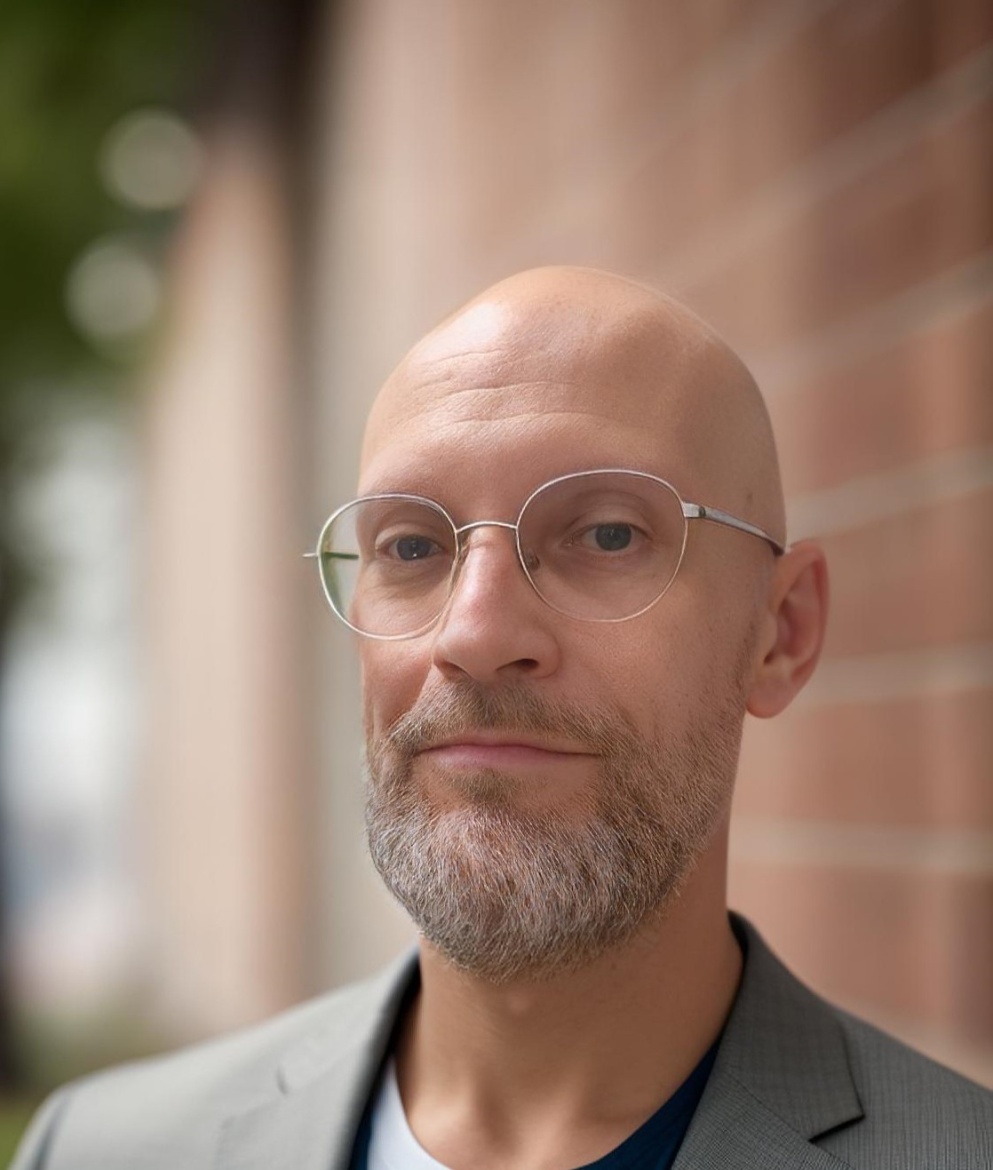Overshadowed by the coverage of the horrific terrorist attack in Manchester in May, the British media largely missed the election of the new General Secretary of the World Health Organisation, Dr Tedros Adhanom Ghebreyesus (or Dr Tedros as he now styles himself). The former Ethiopian health minister became the first African Head of the WHO on 30 June. 1
Why is this significant? Many question whether the WHO is still relevant or useful. 2 After failing to respond swiftly to the West African Ebola outbreak in 2014-2015, 11,000 lives were lost. Some have subsequently argued for it to be stripped of its role in responding to future global health crises. 3
Dr Tedros has a track record, as a health minister in Ethiopia, for cutting through bureaucracy, increasing the health workforce, improving universal access and seeing significant progress in many global health indicators. 4
However, his appointment is not without controversy. Many have pointed out his involvement in a less than transparent Ethiopian regime with a bad human rights record, and which has been accused of covering up several cholera outbreaks. 5
He is also accused of being an advocate for abortion, and many pro-life organisations in the global health community are concerned that he may further liberalise the WHO stance on this issue. 6
It remains to be seen if the WHO's current openness to working with faith-based organisations and faith communities will continue under Dr Tedros' leadership. The Ethiopian government has had a mixed record in its dealings with faith communities.7 While the WHO has a more positive recent relationship, we wait to see how Dr Tedros takes this forward.
If the WHO is to have a role in the challenges of the coming decades, it will need inspired and credible leadership. It is too early to tell if Dr Tedros can supply this but, as Richard Horton has pointed out, it is not down to just one man. It is the whole leadership team that he develops at the WHO who will drive and implement these changes. 8
The next few years will therefore show if the WHO can reform, regain its relevance,and be a friend to faith-based health work.
We should pray for Dr Tedros as he takes up his post later this month, for the team forming around him, and for the direction he takes the WHO in the coming years.
Review by Steve Fouch CMF Head of Nursing
Why is this significant? Many question whether the WHO is still relevant or useful. 2 After failing to respond swiftly to the West African Ebola outbreak in 2014-2015, 11,000 lives were lost. Some have subsequently argued for it to be stripped of its role in responding to future global health crises. 3
Dr Tedros has a track record, as a health minister in Ethiopia, for cutting through bureaucracy, increasing the health workforce, improving universal access and seeing significant progress in many global health indicators. 4
However, his appointment is not without controversy. Many have pointed out his involvement in a less than transparent Ethiopian regime with a bad human rights record, and which has been accused of covering up several cholera outbreaks. 5
He is also accused of being an advocate for abortion, and many pro-life organisations in the global health community are concerned that he may further liberalise the WHO stance on this issue. 6
It remains to be seen if the WHO's current openness to working with faith-based organisations and faith communities will continue under Dr Tedros' leadership. The Ethiopian government has had a mixed record in its dealings with faith communities.7 While the WHO has a more positive recent relationship, we wait to see how Dr Tedros takes this forward.
If the WHO is to have a role in the challenges of the coming decades, it will need inspired and credible leadership. It is too early to tell if Dr Tedros can supply this but, as Richard Horton has pointed out, it is not down to just one man. It is the whole leadership team that he develops at the WHO who will drive and implement these changes. 8
The next few years will therefore show if the WHO can reform, regain its relevance,and be a friend to faith-based health work.
We should pray for Dr Tedros as he takes up his post later this month, for the team forming around him, and for the direction he takes the WHO in the coming years.
Review by Steve Fouch CMF Head of Nursing
































